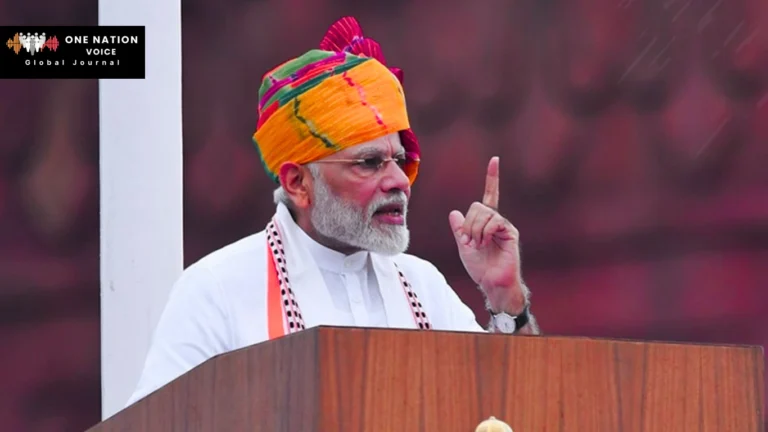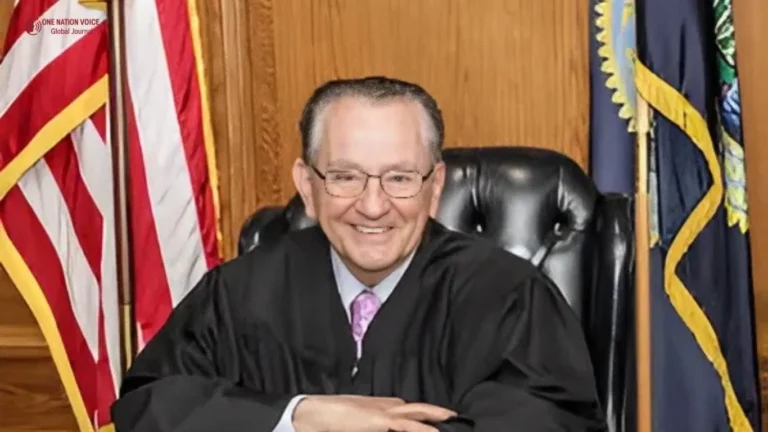Public-Police Cooperation in Countering Terrorism in Dir (U)

Various counterterrorism strategies have been employed in the past to root out the menace of terrorism in Khyber Pakhtunkhwa (KPK). These counterterrorism strategies were not sustainable to ensure peace in the long run in every corner of KPK due to several reasons Such as public support in counterterrorism.
After the 9/11 incident, several local militant groups such as Hafiz Gul Bahadur Group (HGBG), Maulvi Nazir Group, and Maulvi Faqir Group have started violent terrorist activities in Pakistan and declared a so-called defensive holy war (Jihad) against the state. As a result, the armed forces of Pakistan carried out various military operations such as Operation Zalzala (earthquake), Operation Khwakh Ba De Sham (I will teach you a lesson), Operation Toor Thunder (Black Thunderstorm), Operation Bya Daraghalam (Here I come), and many more. As a result of these operations, the militants fled to Afghanistan, and peace was ensured in KPK. Yet, the local communities in KPK have experienced devastating social, economic, and psychological consequences of these operations.
Similarly, the resurgence of terrorism has taken place after 2021 due to various reasons such as the revival of the Afghan Taliban 3.0 in Kabul and the impractical policies of the security establishment during the rule of Pakistan Tehreek-i-Insaf (PTI) in 2021. A new wave of terrorism has started in different parts of KPK from Waziristan to Dir Upper. The security establishment has again decided to defeat the militants through kinetic measures. Operation Sar Bakaf was launched in the Lowi Mamund Tehsil of district Bajaur against the Fitna al Khawarij. Resultantly, some Khawarij were sent to hell, but the locals also suffered and again became Internally Displaced Peoples (IDPs).
The cycle of terrorism and short-term peace must end now with a comprehensive counterterrorism strategy that should focus more soft approaches and less on hard approaches. Divid Galula, an advocate of counterinsurgency, rightly stated in his masterpiece Counterinsurgency Warfare Theory and Practice that 80% focus should be given to political means and 20% should be given to military means to successfully deal with the militants.
This district remained comparatively peaceful in KPK during the long war on terror. No large-scale military operation has taken place here. Similarly, its local people never became IDPs during the long fight against terrorism. The reason was that here the stakeholders gave more focus to non-kinetic means, and less focus was given to kinetic means.
Currently, during the recent wave of terrorism, when the militants attempted to disturb the peace of Dir Upper like other parts of KPK, they faced a humiliating defeat as they did in the past. The most notable factors behind this were a robust public-police bond that was built through political means and a police-led counterterrorism operation. It was the night of the 14th of August on which the entire Pakistan was celebrating its independence, but the district Dir Upper witnessed a terrorist attack on a Police van. Consequently, three policemen have embraced martyrdom, and a few were injured. But within a few days, the police of Upper Dir have cleared the region of the militants in a proactive police-led counterterrorism operation with the help of local people.
Several factors have made this police-led operation successful particularly with the cooperation of the public. Firstly, the local police of Dir Upper were aware of the terrain of the district. Many of the policemen were the locals, and they knew how to navigate and hunt down the militants in the rugged terrain of Dir Upper. Secondly, the police gathered information through local community networks and conducted targeted operations to avoid collateral damage. In Dir Upper, the locals have provided information to the police directly and indirectly through different means like social media platforms and community elders. Thirdly, in Dir Upper, the police-led counterterrorism effort has gained success because of the courageous public support and cooperation.
According to the Peelian Principle that was established by Robert Peel, a father of modern policing, the key to successfully prevent crime or neutralize threats is to win the hearts and minds of the public and to earn their unflinching support.
Similarly, the locals must stand side by side with the police and show equal responsibility in preventing crimes and this will happen only when the locals trust the police. This happened in Dir Upper. After the terrorist attack on the police van on the night of Independence Day, the political leaders of all political parties including the ex-federal minister Najmudin Khan and the current MNA Sahibzada Sibghatullah in Upper Dir addressed a peace march (Aman Pasoon), mobilized the local people against the militants, and assured the police of district Dir Upper that the people of this region have full support with the police against the militants.
When the police started operations against the militants in different areas of Dir Upper such as Dobanddo, Bareekot, Bekaray, Salamkot, and Hattand Darra, the local people not only provided moral support to the police but also fought shoulder to shoulder with them against the militants. They have not only supported the police on the battlefield but also backed them on social media platforms particularly on Facebook. They have exposed and pointed out the local facilitators of the militants and given them befitting replies on Facebook. In this way, the public-police cooperation in Dir Upper has set an example for the rest of the KPK on how to fight the militants with unity, courage, and resilience.
Yet, a long-standing peace requires soft approaches and a comprehensive counterterrorism strategy. The police-led counterterrorism model of Upper Dir is a case in point. The police should be better equipped in all districts of KPK to counter terrorism. They should be empowered and engaged with the militants because they know the local dynamics, they are among the locals, and can better navigate the local challenges as they did in the district of Upper Dir.
Disclaimer: The views and opinions expressed in this article are exclusively those of the author and do not reflect the official stance, policies, or perspectives of the Platform.















